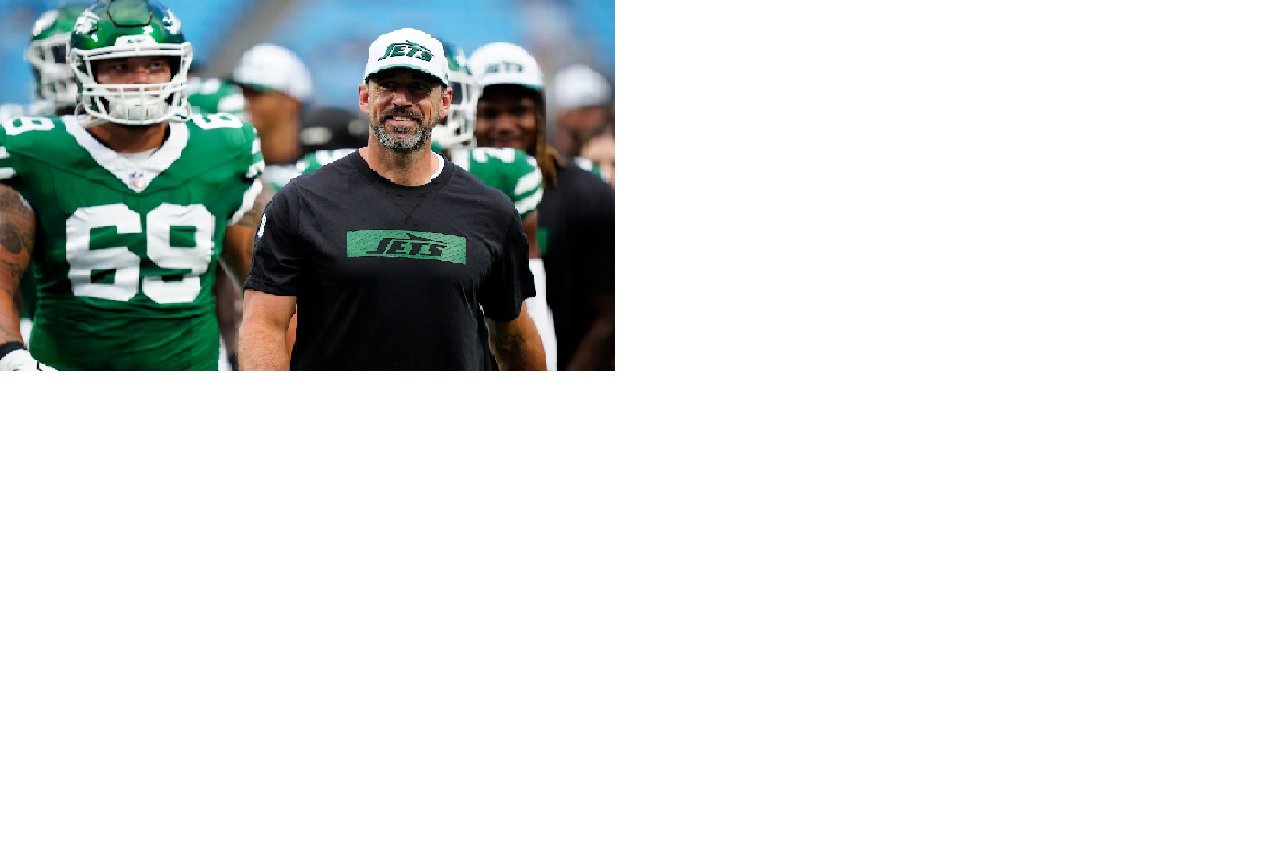The New York Jets have officially planted their flag—and they’ve done it in the name of Justin Fields.
After an aggressive free agency move to sign the former Chicago Bears quarterback to a two-year, $40 million deal, new head coach Aaron Glenn and general manager Darren Mougey didn’t hesitate. Within days of the signing, Fields was announced as the team’s starting quarterback for the 2025 season. No open competition. No controversy. Just confidence.
Some raised eyebrows at the early declaration. Veteran Tyrod Taylor is still on the roster, and many assumed there would be a quarterback battle heading into training camp. Taylor’s experience, leadership, and ability to manage an offense efficiently would have made for a legitimate challenge.
But the Jets’ front office didn’t waver. “We feel really good about Justin as our starter moving forward,” Mougey told reporters. “We believe in Justin, and we can win with Justin. He was a priority in free agency, and we’re glad we got him here.”
Fields enters a franchise desperate to turn the page. The Aaron Rodgers experiment brought hype but ended in heartbreak, as the future Hall of Famer played just one drive before a season-ending Achilles tear. That injury derailed what many hoped would be a turning point in Jets history. But instead of returning to Rodgers or doubling down on past mistakes, the Jets moved swiftly in a new direction.
The bet on Fields is more than just talent—it’s about opportunity. In Chicago, he flashed brilliance but was never truly supported with consistent offensive structure. Now, under offensive coordinator Tanner Engstrand, the Jets believe they can maximize what made Fields the 11th overall pick in 2021: mobility, arm strength, and raw playmaking potential.
There’s also financial flexibility baked into the move. The two-year deal gives the Jets an easy out if Fields doesn’t live up to expectations in 2025. But if he does? A $20 million cap hit in 2026 would be a steal in a market where top-tier QBs are commanding $50 million annually.
That flexibility is huge for a franchise that still needs to plug holes elsewhere on the roster. If Fields flourishes, they’ll have a capable starter under contract at a team-friendly rate, opening the door for roster upgrades at other key spots—particularly the offensive line and receiving corps.
For Fields, the change of scenery might be exactly what he needs. He’s still just 26 years old and has all the physical tools teams covet. The Jets are banking on those tools finally being unlocked in a system built around his strengths, not one forcing him into a box.
The presence of Tyrod Taylor still gives the team a safety net—an experienced backup who can step in if needed. But make no mistake: this is Justin Fields’ team now.
The Jets have often been a franchise defined by uncertainty at quarterback. With this bold move, they’re hoping to change the narrative. If Fields delivers, he won’t just revive his career—he might just revive the Jets.
